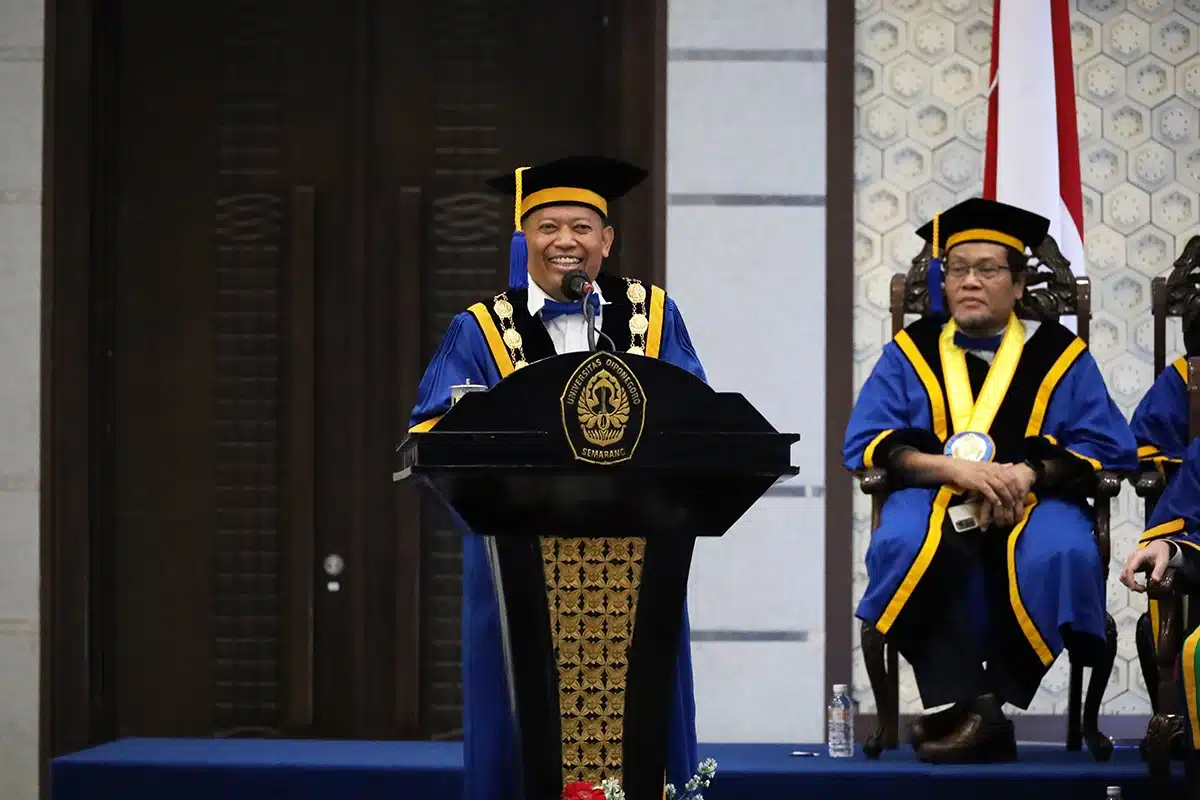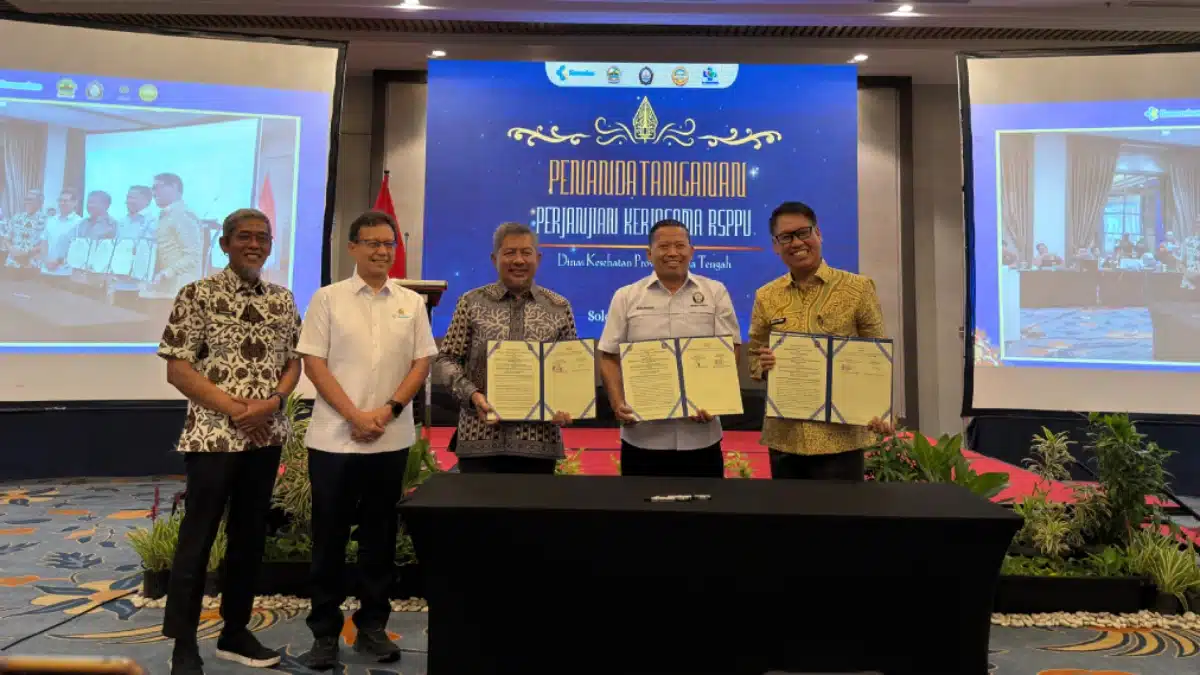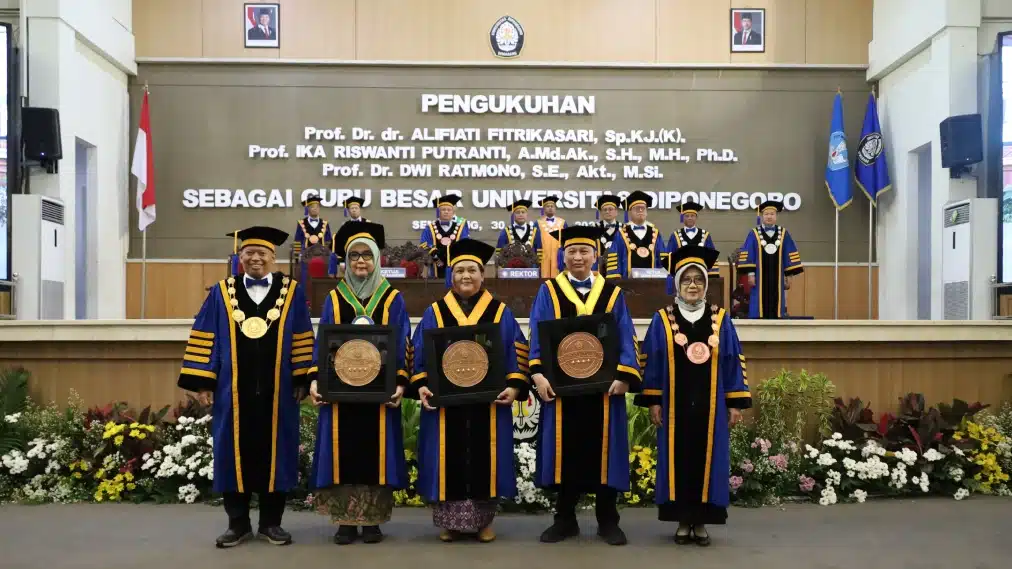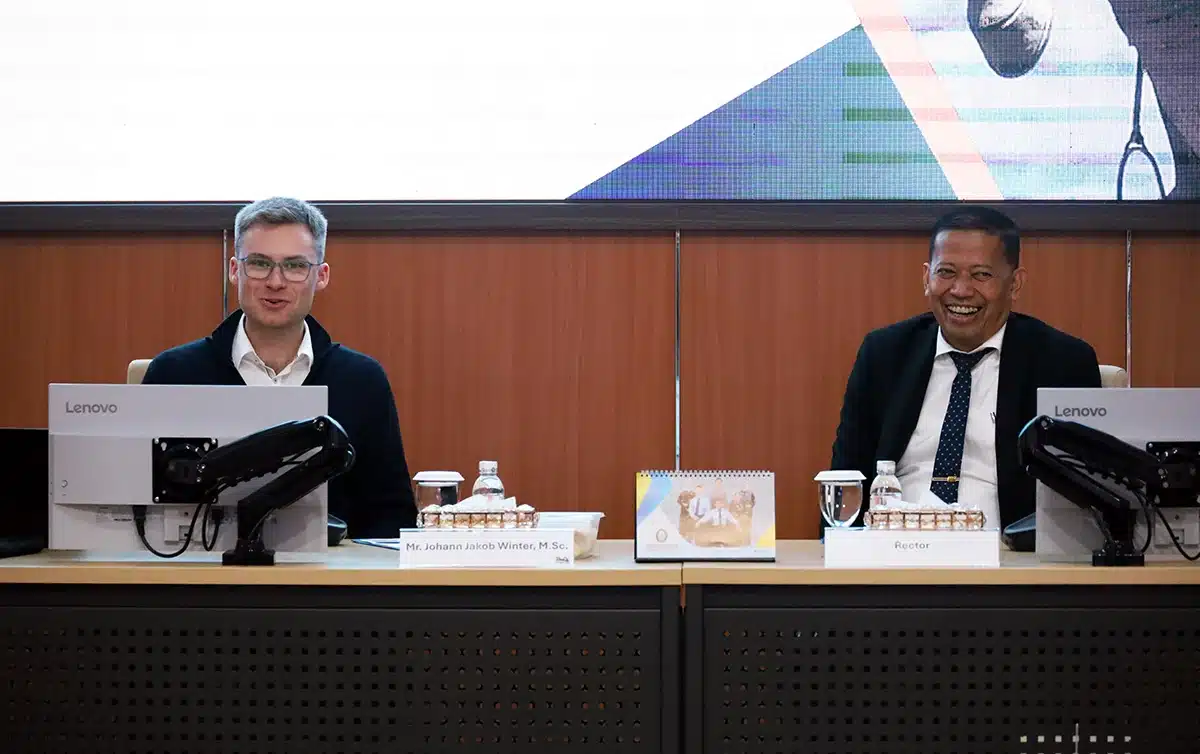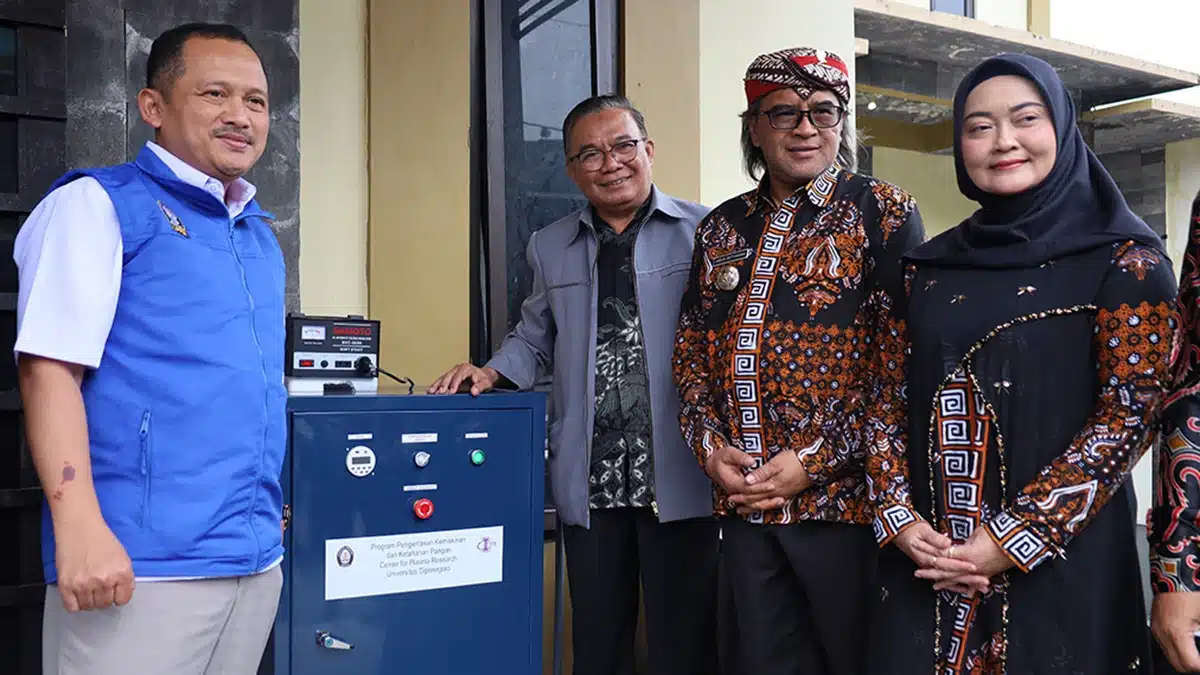Sources of stress during the Covid-19 pandemic include the risk of virus contamination, stigmatization of family or colleagues who come into contact with Covid-19 patients, social and economic pressures, changes in work patterns or routines, physical fatigue, sleep disturbances, fear and emotional disturbances, bureaucratic and political uncertainty, worries about the health of oneself and others, mourning the death of family and friends, and the risk of reduced income and job loss. This was conveyed by dr. Frilya Rachma Putri, SpKJ (Lecturer of Faculty of Medicine, Universitas Brawijaya) in the Webinar “Is There a Relationship between Cognitive Function and Depression?” organized by the Resident of Psychiatry, Faculty of Medicine, Diponegoro University (1/9). Also present at this event was the Head of Psychiatry Study Program, Faculty of Medicine, dr. Natalia Dewi Wardani, SpKJ.
“Stress is one of the factors that triggers inflammation and immune cell dysfunction. Stress causes increased levels of IL-6 and dysfunction of immune cells. Susceptible patients have the potential to experience an accelerated cytokines storm during Covid-19 infection due to hyperactive cytokines and dysfunction of the immune response. Talking about depression, depression is not an ordinary sadness, sadness is a normal feeling that is triggered by a bad or disappointing event or experience. It can go away some time after things get better, comes and goes and is temporary. While depression is a mental disorder, often appears without a clear trigger, when someone feels sad or empty all the time. Depression does not go away by itself, it takes medical treatment to overcome it. Lack of energy, unmotivated, and empty felt are enough to interfere with daily activities, social relationships and productivity,” continued dr. Frilya.
On the occasion, dr. Natalia said that depression prevention is basically carrying out a healthy and balanced life, which includes social activities, physical activities, cognitive activities, affective activities, and religious activities.
“The role of the family or the closest people will be very helpful in the recovery of the patient if they can accept the patient’s condition, realize the patient is sick and can be recovered, both through psychotherapy and antidepressant drug therapy. The important thing is the existence of nuclear family or the closest people who are pleasing to the heart of people with depression. While the severity of depression is mild, moderate and severe, so the initial approach can start from psychoeducation to psychosocial therapy self-management. For those who are suffering of moderate depression can be treated with pharmacological therapy and psychotherapy approaches. Furthermore, the approaches used for severe depression are through pharmacological therapy, psychotherapy and combination therapy,” she said.
dr. Natalia said giving anti-depressants is needed to restore the neurotransmitter imbalance in the brains of people with depression. Drugs take time to work,it cannot work instantlyand the right drug will cause a good response. With a good response, the drug is continued to achieve stability and then maintained to get a good condition and to prevent relapse or recurrence. Anti-depressants do not cause dependence so we need not be afraid to use them for patient.
“Symptoms of depression in the manifestation of cognitive impairment are common and affect aspects of the lives of people with depression. Depression is not a sign of weakness because depression can be overcome, treated and reversed. Supports from family and closest people and a positive environment will help the sufferer recover,” said dr. Natalia. (Linda – Public Relations)
Translated by: Titis – Public Relations


